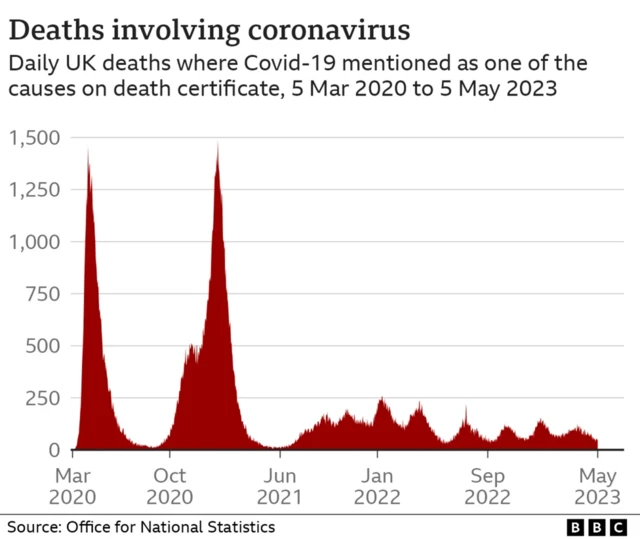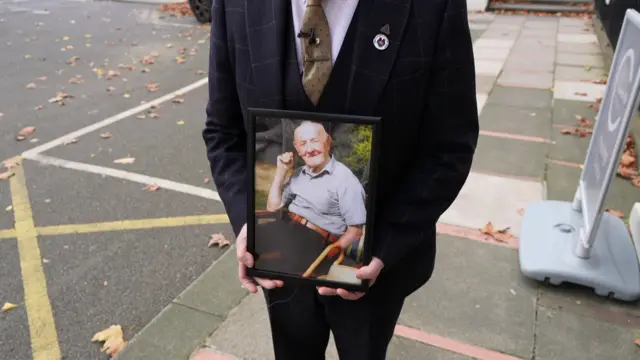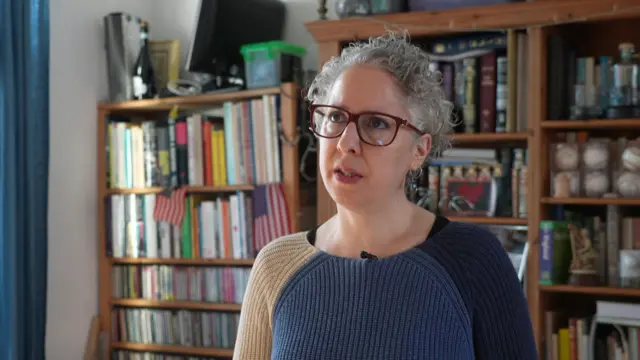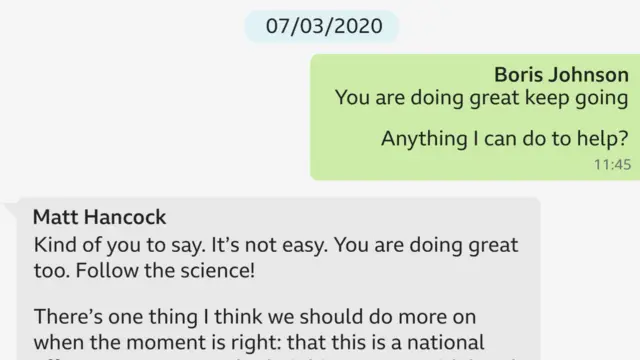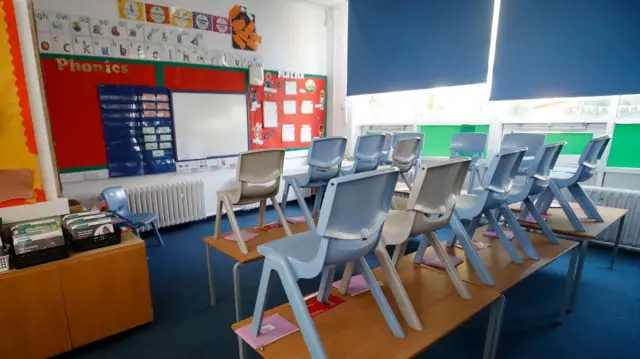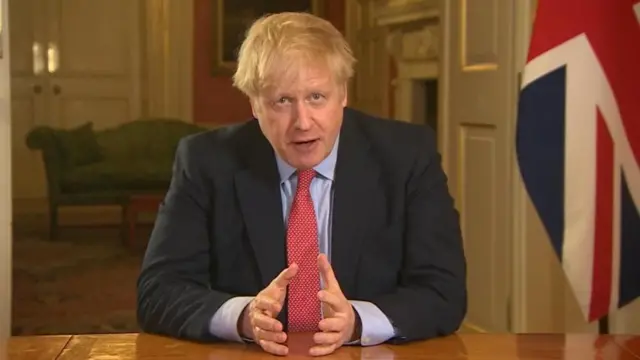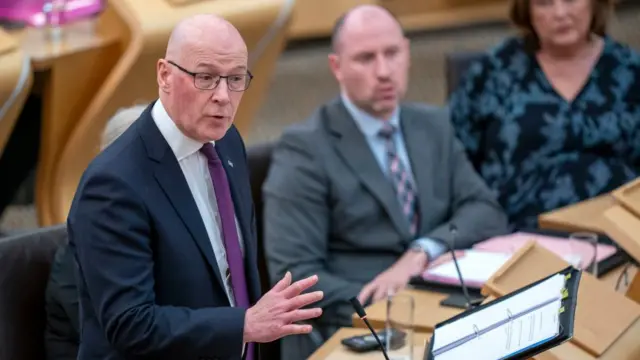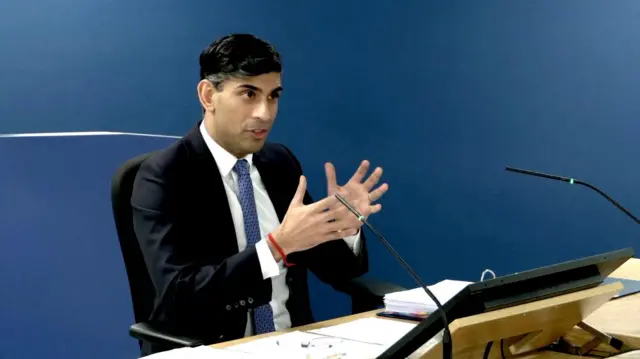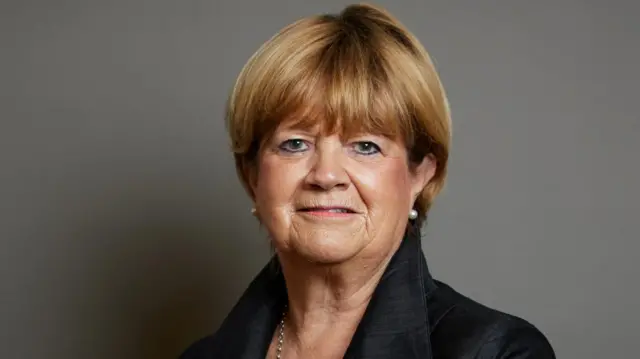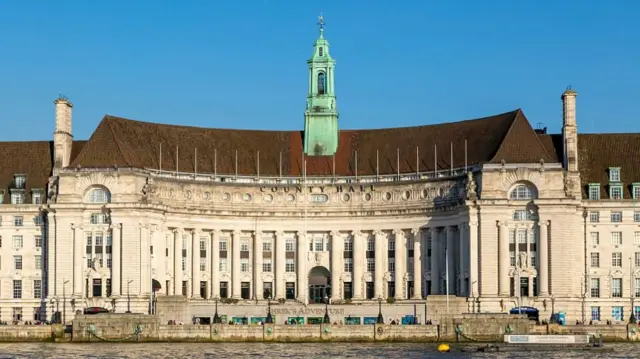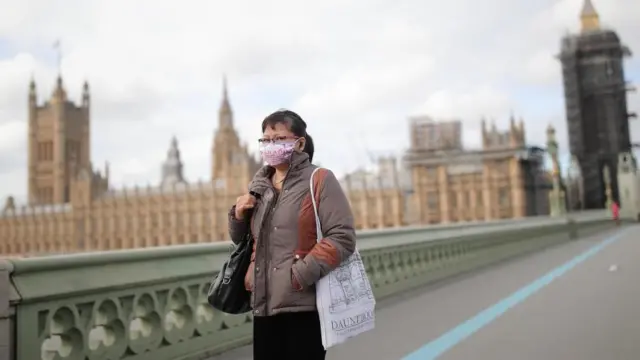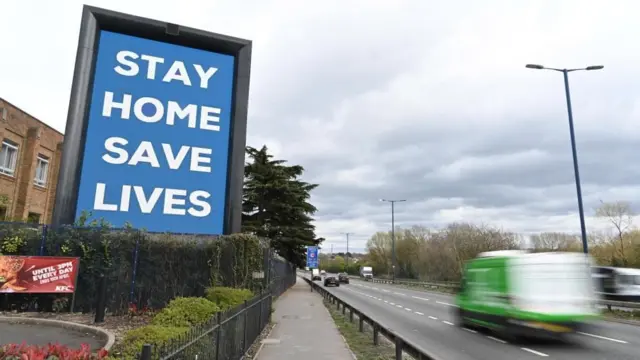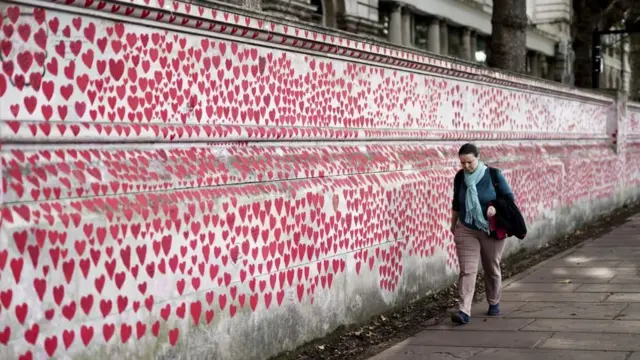What was Eat Out to Help Out?published at 15:33 GMT
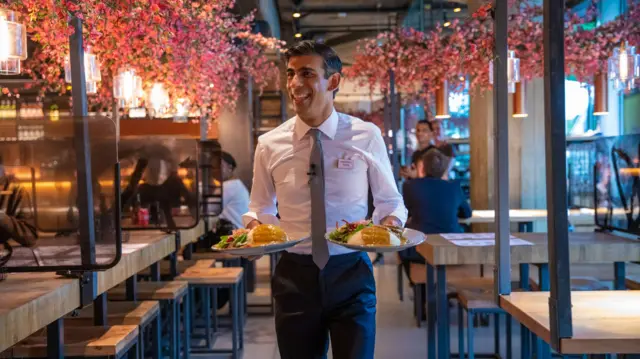 Image source, HM Treasury
Image source, HM TreasuryIn August 2020, then-chancellor Rishi Sunak launched the Eat Out to Help Out scheme in an effort to protect hospitality sector jobs and boost businesses that had been closed under lockdown restrictions.
It offered a state-backed 50% discount when dining in participating pubs and restaurants on Mondays, Tuesdays and Wednesdays during that month.
The scheme was widely used - according to data from booking site OpenTable, restaurant reservations on those days were up by more than half compared with the previous August.
But critics have argued it helped spread the virus.
Matt Hancock and Patrick Vallance - the health secretary and the government's chief scientific adviser during the pandemic - both said they did not know about Eat Out to Help Out until the day it was announced.
The inquiry heard that chief medical officer Chris Whitty referred to it as "eat out to help out the virus", and that Vallance said it was "highly likely" to have fuelled deaths.
Sunak has defended the scheme, saying it prevented "devastating" job losses, and arguing it was not responsible for a second Covid wave.

